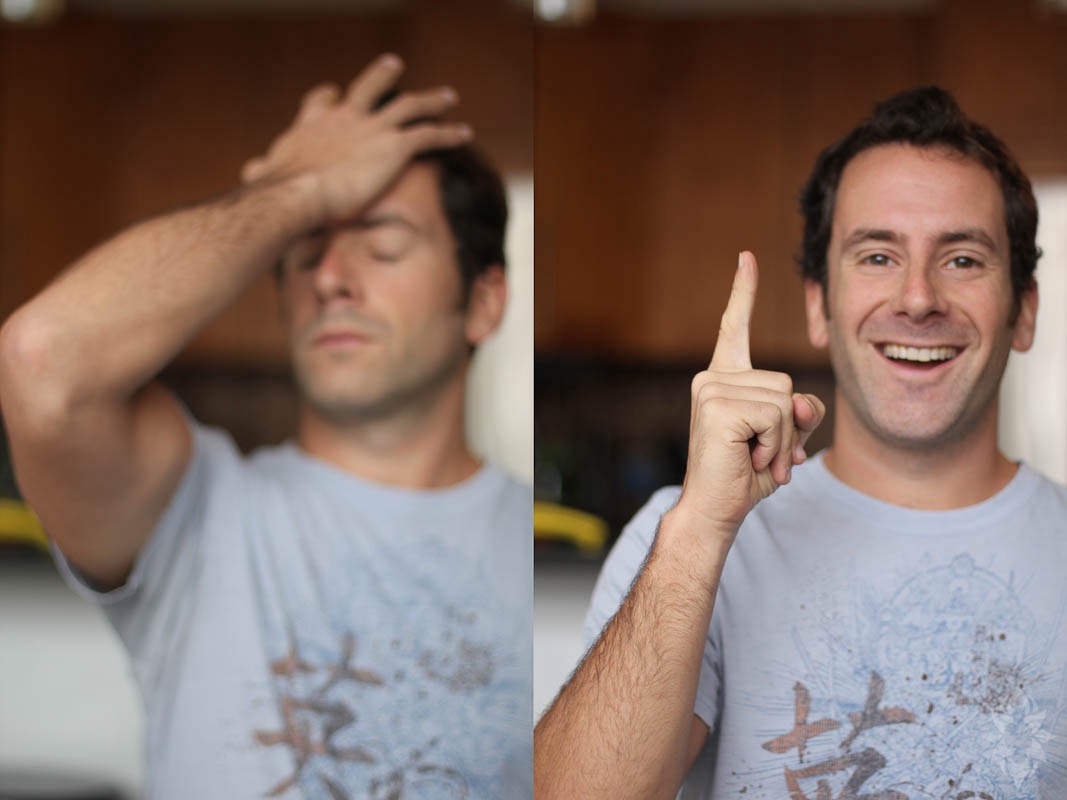How do you handle failure?
Do you tend to engage in “Additive Thinking” or “Subtractive Thinking”?
This determines whether your mistakes become learning experiences that make you better or suffering experiences that prevent you from moving forward.
In psychology there is something called “counterfactual thinking”. Counter = contrary (to the facts). “For example, a person may reflect upon how a car accident could have turned out by imagining how some of the antecedents could have been different… if only I hadn’t been speeding… or if I had been going slower…. People can imagine alternatives that are better or worse than reality” (wikipedia) The key for us lies in the last phrase.
Counterfactual thinking is what we engage when we play the “what if” game. What if I had decided to study a different major? What if I had tried harder to love her? What if I hadn’t been drunk? We have all played the what if game at times. At other times, we may cut the thought short and attempt to avoid reflecting on the past. Mindfulness asks us to Be Here Now. Refusing to dwell on mistakes has its perks, but if we forgo reflection entirely we end up skipping not only the harmful aspects of “what if’s” but the beneficial ones as well. This is where Additive and Subtractive Thinking come into play.
“An additive statement involves engaging in an event that did not originally occur (e.g., I should have taken medicine) wheres a subtractive statement involves removing an event that took place (e.g., I should have never started drinking) (Epstude & Roese, 2008)”
Simply put, Subtractive statements are destructive. When we engage in subtractive thinking we do little more than chastise ourselves for our failings. We look at our mistakes and wallow in disappointment. We see a problem and dwell on it. Recognizing your mistakes will increase your awareness. This is good, but it is not enough. In order to learn from our mistakes we must not just see them, we must see beyond them.
Additive statements are creative. They are akin to problem solving past mistakes. When we engage in additive thinking about the past we are seeing our failures and creatively re-imagining how we might better handle this situation if it were to arise again. This starts with a self-critical appraisal, but the thought does not stop there. We use our critical faculties to mark the point we would like to change. Then we engage our creative faculties to imagine changing something.
Nearly all of my clients end up working with visualizations at one point or another. When we can see, hear, feel, touch and smell something in our awareness we come infinitely closer to experiencing it. When an athlete can see her actions before competition she is far more likely to perform well. Visualization is a powerful form of practice. When a man can truly envision his ideal mate he is far more likely to recognize her if she walks by in a crowded room. His energy is far more likely to draw her to him.
Often I work with clients to visualize potentials to overcome limiting beliefs. What I have recently begun doing is also helping them to re-author the past failures that are lurking in their awareness and contributing to their limiting beliefs. “OK that didn’t work when you tried it before and you can’t stop thinking about it. It’s great you know that, but you can do more than just ruminate, you can recreate. Visualize how it could have gone better. What would you do differently now?” Not only does this type of exercise lead you towards better future performance, it also helps you to release the emotions that are mired in past experiences. By transcending the negative energy surrounding failure with positive creative/additive energy it becomes far easier to release regret and stop dragging memories of the past back up into your present awareness. Additive thinking trades negativity about the past for positivity about the future. This isn’t about beating yourself up by saying, “I should have!” this is about preparing yourself by saying, “next time I’ve got this.”
Can you see these patterns at work in your awareness? Can you choose to alter the way they unfold? Can you recognize when you are stuck in subtractive thinking and how to transcend this with additive thinking?
Originally published at www.lifestyleintegrity.com.
Originally published at medium.com


